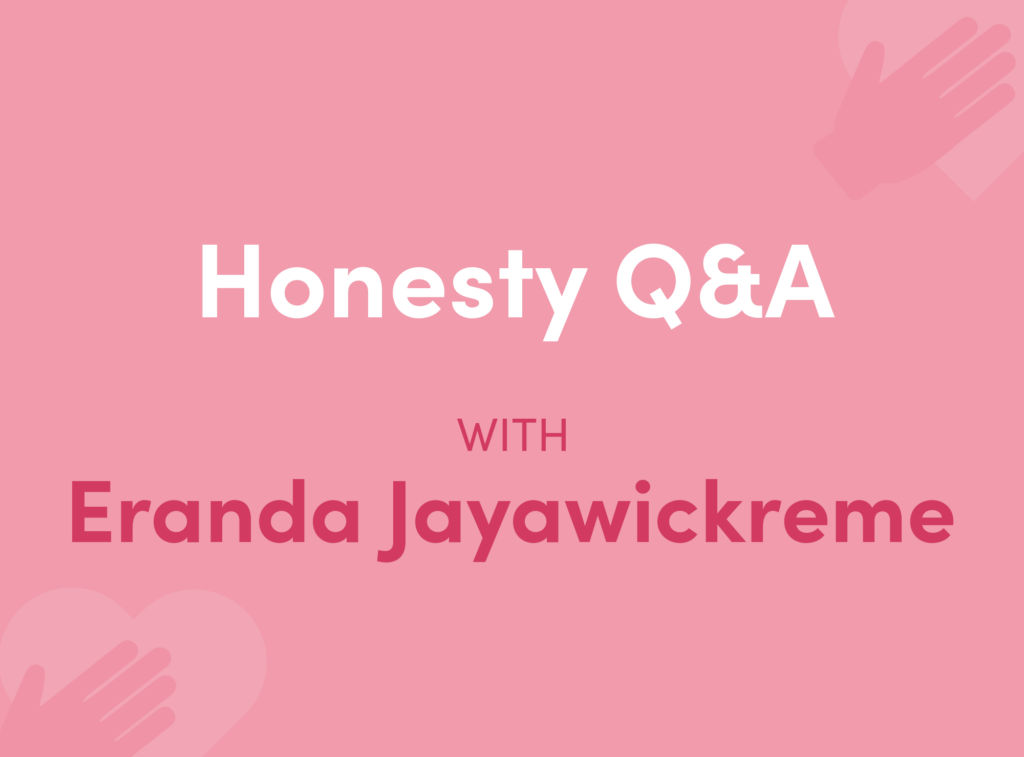
Eranda Jayawickreme, the Harold W. Tribble Professor of Psychology and a senior research fellow at the Program for Leadership and Character at Wake Forest University, talked to us about what parents and teachers should know about honesty. Here are a few highlights:
Let’s start with the basics. Why is honesty so important?
For thousands of years, honesty has been held up as a really important character trait by different philosophical traditions, religious traditions, across multiple cultures. A second, more practical, reason for caring about honesty is that if we want to get things done in the world, we need to form trusting relationships. People need to be able to take what we say at face value. And that has implications for forming good partnerships and marriages and being an active and successful participant in social life. So there are real consequences to being honest or dishonest.
A third reason is that we desire honesty. My colleagues and I asked people in a study a few years ago, what are the characteristics of someone you respect, someone you like? The number one pick is honesty. A lot of other traits are important, like being compassionate and being fair. But honesty comes out on top.
If everyone thinks honesty is important, why is it so hard?
It’s interesting, right? What’s most distinctive about honesty is that, in some cases, people lie because there’s tension with another action that also seems moral. For example, when you’re giving feedback to your child or a student, you want to be honest because otherwise, they aren’t going to learn. But you also want to be mindful of their self-esteem, so you have the motivation to be kind and compassionate. You want to find a balance between benevolence and honesty.
There’s also the famous philosophical case of the “Nazi at the door.” Imagine this scenario: You’re hiding people, and Nazi soldiers knock on your door and ask, “Are you hiding people?” What do you do? The moral thing to do is to lie, but then you’re lying. So how do you resolve that paradox? You have these situations where being honest may not be the right thing to do. Thankfully, many of us don’t have to deal with these sorts of moral dilemmas often.
What do you think researchers know about honesty that most people get wrong?
We all see these high-profile instances of people cheating or lying that make the news. A classic example is Bernie Madoff, who ran a Ponzi scheme and defrauded people. Or Tiger Woods, with his history of marital infidelity. When people read news stories like these, they assume that because these famous figures are lying, you can’t trust people. And that belief can be corrosive. If you go around the world thinking that most people will not be truthful with you, you’re going to be distrustful. It’s going to prevent you from fostering human connection, real human bonds. But in our research, we’re finding that most people are honest in their everyday life.
A skeptic might say that people will tell researchers they’re honest just to make themselves look good.
In our recent research, we’ve been using experience sampling methods—we can send people messages and ask them how honest they are being right now. And there are certain contexts where people are more willing to say they’ve been dishonest. I think that’s really cool because it shows that people are actually willing to acknowledge that, sometimes, they engage in behavior that could be considered immoral.
For example, if you ask people, “In the last hour or so, were you in a situation where you had to deliver unpleasant news or where you were motivated to avoid something you didn’t want to do?” When you ask people whether they were in a specific situation like that, some people are happy to say, “Yes, I was in that situation, and no, I didn’t tell the truth.” But research is finding that, for the most part, we’re honest with our partners. We’re honest with our friends.
